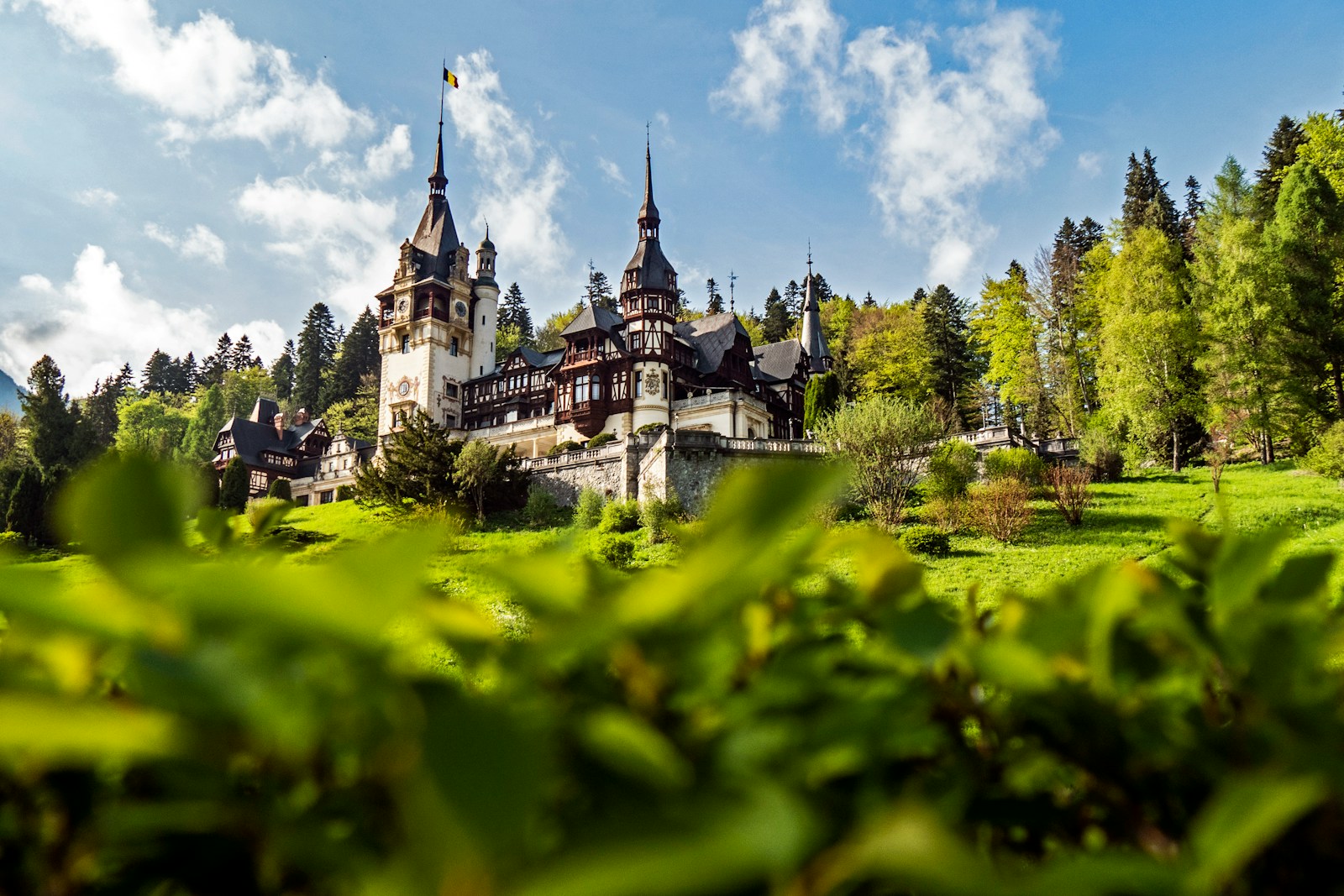Key Takeaways:
- Călin Georgescu, a controversial populist, withdraws from politics after a dramatic rise in Romania’s presidential race.
- He caused a stir last year by leading in the first round of the election, shocking the political establishment.
- Georgescu’s campaign highlighted deep divides in Romanian society.
- His exit leaves questions about the future of Romania’s political landscape.
- His story offers lessons for politicians and voters worldwide.
Who Is Călin Georgescu?
Călin Georgescu made headlines last year when he shook Romania’s political scene. Running as an independent, he rose from obscurity to become the frontrunner in the first round of the presidential election. His unexpected success forced a runoff, which was later annulled.
Georgescu’s campaign was marked by divisive rhetoric and slogans that resonated with voters fed up with the political status quo. He capitalized on widespread discontent, promising radical change. His words struck a chord with many, but also sparked concerns among critics who feared his policies could destabilize Romania.
Why Did Georgescu Step Away?
Announcing his decision to leave politics, Georgescu cited personal reasons. However, analysts suggest his withdrawal may also be linked to the challenges he faced in sustaining momentum after the election controversy. His campaign’s success was short-lived, and he struggled to maintain support in the face of intense scrutiny.
The annulment of the election added further complications. It highlighted weaknesses in Romania’s electoral system and raised questions about the integrity of the democratic process. Georgescu’s exit leaves a void, but it also provides an opportunity for reflection on the state of politics in Romania.
What Did Georgescu’s Campaign Reveal?
Georgescu’s rise exposed deep divisions in Romanian society. Many citizens felt disconnected from the traditional political elite and were drawn to his promises of radical change. His campaign tapped into frustration over corruption, economic inequality, and a sense of being ignored by those in power.
While Georgescu’s message resonated with some, it also worried others. Critics accused him of promoting divisive rhetoric and lacking a clear plan for governance. His rise highlighted the challenges of balancing populism with practical policymaking.
What’s Next for Romania?
With Georgescu stepping back, Romania’s political landscape may shift. His exit could pave the way for new leaders to emerge, but it also leaves unanswered questions about the direction of the country.
Romania’s political parties will need to address the concerns Georgescu exploited. This includes tackling corruption, improving transparency, and restoring trust in institutions. Voters will likely demand more accountability and concrete solutions to everyday problems.
Lessons from Georgescu’s Journey
Călin Georgescu’s story offers valuable lessons for politicians and citizens alike. His rise showed how frustration with the status quo can fuel rapid change, but also how difficile it is to sustain momentum without a clear vision.
Politicians must listen to the concerns of citizens and deliver results. Voters, too, must remain vigilant, ensuring that promises of change are backed by substance. Georgescu’s journey reminds us that democracy requires active participation and accountability.
Conclusion
Călin Georgescu’s departure from politics marks the end of a dramatic chapter in Romania’s history. While his time in the spotlight was short, it left a lasting impact.
Moving forward, Romania’s leaders must work to heal divisions and address the issues that fueled Georgescu’s rise. This includes fostering unity, fighting corruption, and creating opportunities for all citizens.
The story of Călin Georgescu serves as a reminder that politics is about more than elections—it’s about people, their hopes, and their future.
